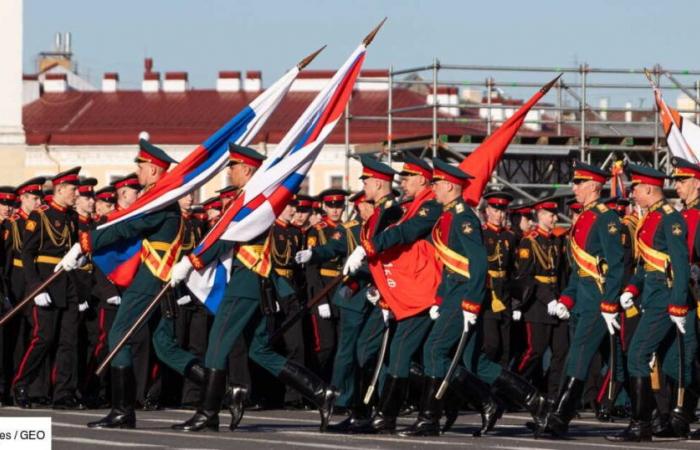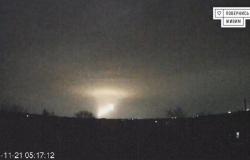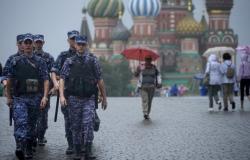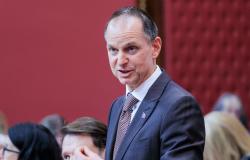It is difficult to know precisely the number of Russian soldiers killed since the start of the war in Ukraine. The figures differ depending on the sources and each camp preserves its secrets. According to estimates from the Wall Street Journal, which is based on confidential estimates, there are nearly 200,000 deaths on the Russian side and 80,000 on the Ukrainian side.
For Russian men from the poorest regions of the country, enlisting is extremely profitable: a soldier’s salary is up to five times higher than the average salary. And if the soldier is killed at the front, his family will be generously compensated by the government.
Russian economist Vladislav Inozemtsev calculated that the family of a 35-year-old man who fought for a year and was killed on the battlefield would receive about 14.5 million rubles, or $150,000, under his soldier’s salary and death benefit. The salary of a lifetime. “Going to the front and being killed a year later is economically more profitable than the rest of a man’s life”explains Vladislav Inozemtsev in the columns of the WSJ, who calls this phenomenon “the economy of death.
Four-legged companions of Ukrainian soldiers
“Time of Heroes”, the Russian army recruitment program
The war in Ukraine is profoundly changing the face of Russia. Arms factories are running at full capacity, offering high salaries to their employees, military spending is reaching peaks and the income generated by the war even allows the country to compensate for the sanctions imposed by the West. And this despite galloping inflation, on products as basic as butter, which is starting to grate some teeth among those whose salaries have not benefited from this military “boost”.
“Today, increasingly high death benefits are injecting wealth into some of Russia’s poorest regions, in exchange for a steady flow of soldiers for the war effort”observes the WSJ. And military careers are attracting again, in particular thanks to the government’s “Time for Heroes” program which offers to train soldiers to occupy positions in the administration.
The war in Ukraine offers these men not only attractive salaries, but also the possibility of real social advancement. A “new elite”, to use the words of Russian President Vladimir Putin. Embracing a military career appears today to be the shortest way to access a certain form of recognition, whether or not one returns from combat.
Russia has developed a storytelling now well established. Soldiers returning from the front are greeted as heroes, traveling to schools to give lectures. As for soldiers who died in combat, their posterity is assured. “Desks are left empty in honor of a local hero who never returned from the front, with biographical details written on them and even objects from the life of the fallen soldier”explains the American media.
Unimaginable sums for these poor soldiers
Impossible to blame these poor soldiers who enlist out of greed, more than out of patriotism. And the Russian government has understood this well. “This is money that most people in these remote areas have never seen in their lives, so it’s no wonder many of them accept”analyzes Vasily Astrov, economist at the Viennese Institute for International Economic Studies.
“For the Kremlin, providing soldiers with good pay is the only way to maintain the war effort with a high level of national support”he adds. While the average monthly salary in Russia is 75,000 rubles (around 720 euros), the government pays soldiers a minimum monthly salary of 210,000 rubles, just over 2,000 euros. Not to mention any bonuses.
The authorities demonstrate pragmatism in the speeches they make to grieving families. A father who died in exchange for the assurance that his children would be safe forever, with the hope of a better life.
And if these compensations widen the country’s budget deficit and induce a labor shortage in certain sectors, the Russian hinterland is transformed and benefits from the war. Restaurants and stores have seen their turnover increase, bank deposits are exploding. But it is also these regions which pay the heaviest price.






